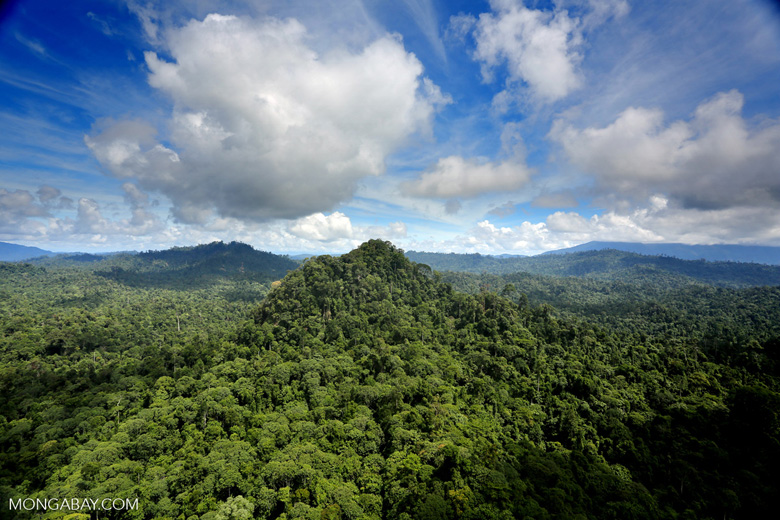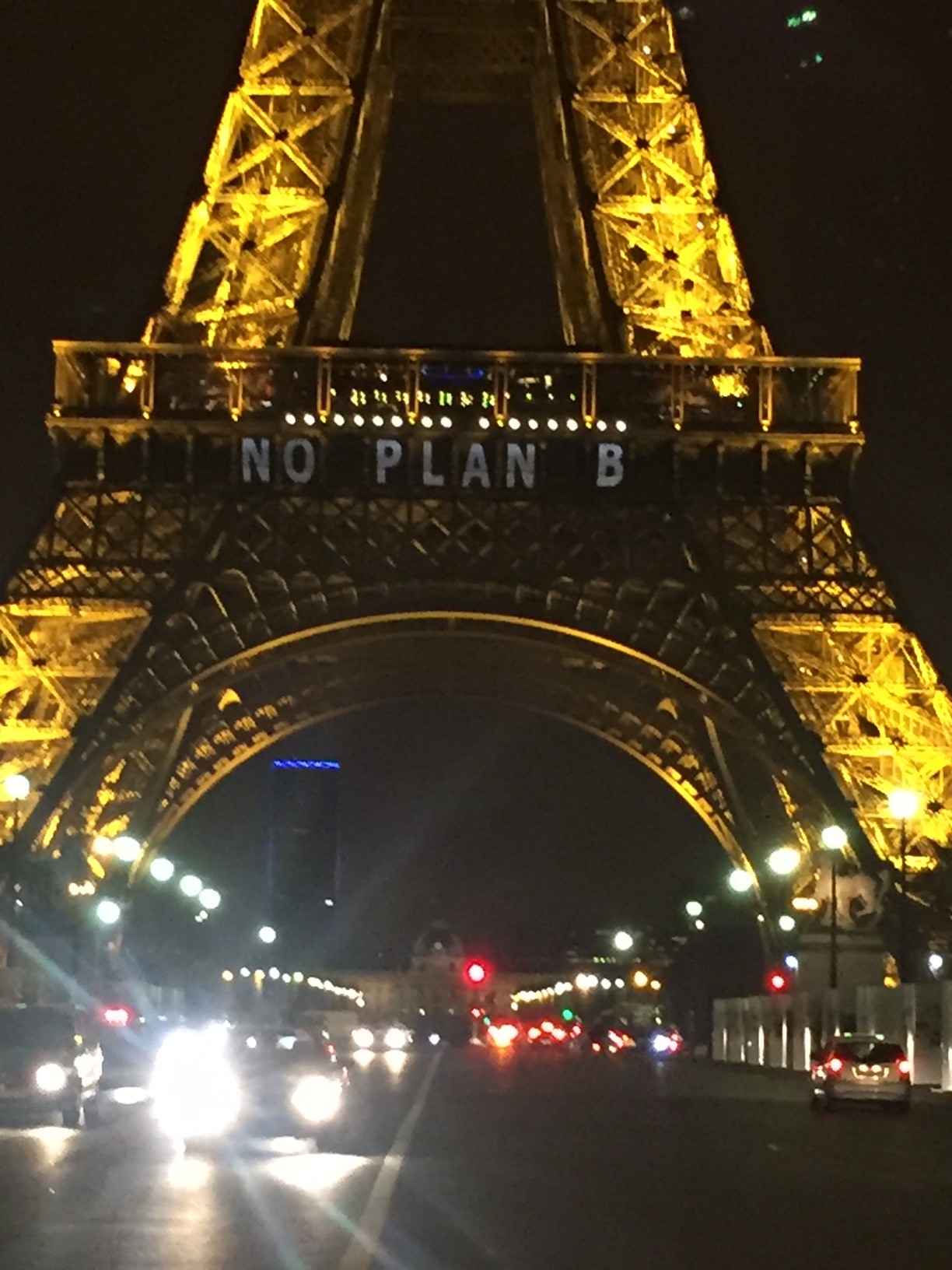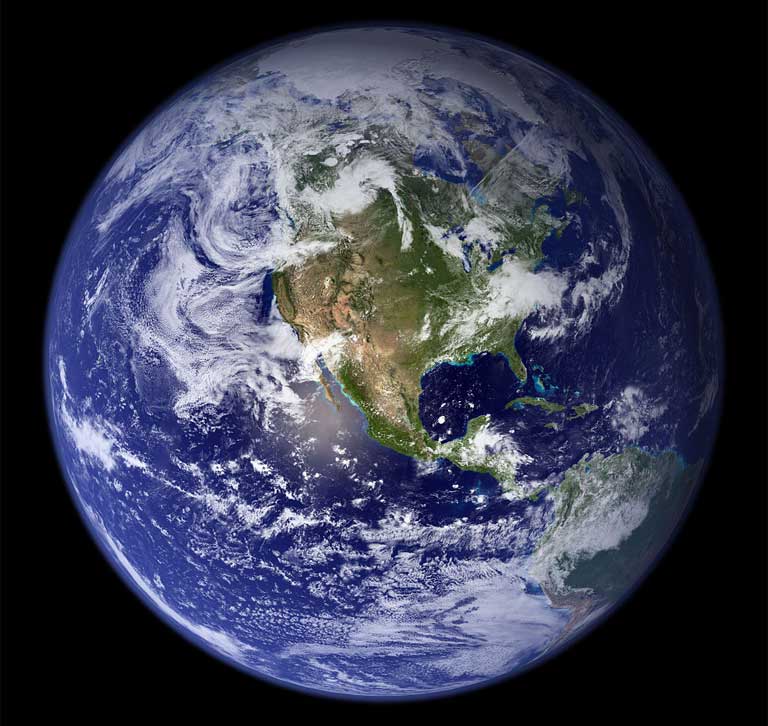Here’s a link to my final story of COP21 in Paris, a story that literally fell into my lap and came together quickly shortly after the final draft of the Paris Agreement was released but before it was unanimously ratified. Rosalind Reeve, the main source, came into the Bloomberg/BNA office where I was working to rave about the forest inclusion for the first time. Dean Scott was only marginally interested. But I knew it was a mongabay.com story and she was only too happy to talk and talk. A few more sources later, and I had what I needed. Internet connections were so jammed I bolted back to my apartment in the city to write.




 Tropical forests, like this one in Manu National Park in southern Peru, harbor most of the world’s biodiversity and provide an array of vital ecological services. (Photograph by Justin Catanoso)
Tropical forests, like this one in Manu National Park in southern Peru, harbor most of the world’s biodiversity and provide an array of vital ecological services. (Photograph by Justin Catanoso)